Understanding Marketing Funnels
Marketing funnels are the fundamental building blocks of marketing. They provide a framework for understanding what you should be doing to take the prospects coming into your business and turn them into customers. The concept is fairly simple, but there are many nuances to designing an effective marketing funnel. Understanding marketing funnels will help you to improve your conversion rates by knowing which components to focus on improving. This article provides some tips that can make it easier to design a successful marketing funnel.
What is a Marketing Funnel?
A marketing funnel is simply a visual representation of how leads or potential buyers move through different stages in their buying process before they become customers. It’s important to understand this because each stage has its own set of challenges and opportunities.
The Three Types of Marketing Funnels: Awareness, Education and Purchase
Awareness
The first type of marketing funnel is the awareness funnel. In an awareness funnel, people are exposed to information about your brand without any intention of purchasing from you. For example, if you sell shoes online, then you might have an advertising campaign where you show pictures of celebrities wearing your products. This would be a good way for potential customers to learn more about your company, but it wouldn’t necessarily lead them to purchase anything.
Education
A second kind of marketing funnel is called the education funnel. Here, people who want to buy something will go through a series of steps before they make their final decision on whether to purchase what they’re looking at. The first step in this process could be learning how to use a product better by watching videos and reading tutorials. Then there’s another step that involves actually using the product itself. If someone wants to get into photography, he/she may start by taking photos of friends and family as practice.
Purchase
Decision Processes: A third type of marketing funnel is known as the purchase decision processes. This refers to all the different stages involved in making a purchasing decision. For example, if you buy an item online, it will go through several phases, such as researching products, comparing prices, deciding which store to buy from, etc. These decisions can take anywhere between 5-30 minutes, depending on the person.
What is the purpose of a marketing funnel?
Marketing Funnels help businesses understand their customers better by helping them identify where they fall within each stage of the customer’s journey. They also allow companies to see how well they’re doing at converting visitors into leads or sales.
How does a marketing funnel work?
A marketing funnel helps people find what they want and then move along in stages until they reach that goal. It’s like a series of steps for someone who wants something specific. For example, if you wanted to buy an iPhone 7s, you’d start with researching online reviews about it, reading blogs about it, watching videos about it, etc., before finally deciding whether to make your purchase.
What are some funnel tools you can use for your business?
There are many types of funnels available on the market today. Some are free while others cost money. The most popular ones include:
[1] Google Analytics
This is one of the best ways to track where traffic comes from, so you know which channels convert better than others. It’s also a great way to see what content performs well and what doesn’t. You’ll be able to tell how much time people spend on each page as well as their bounce rate.
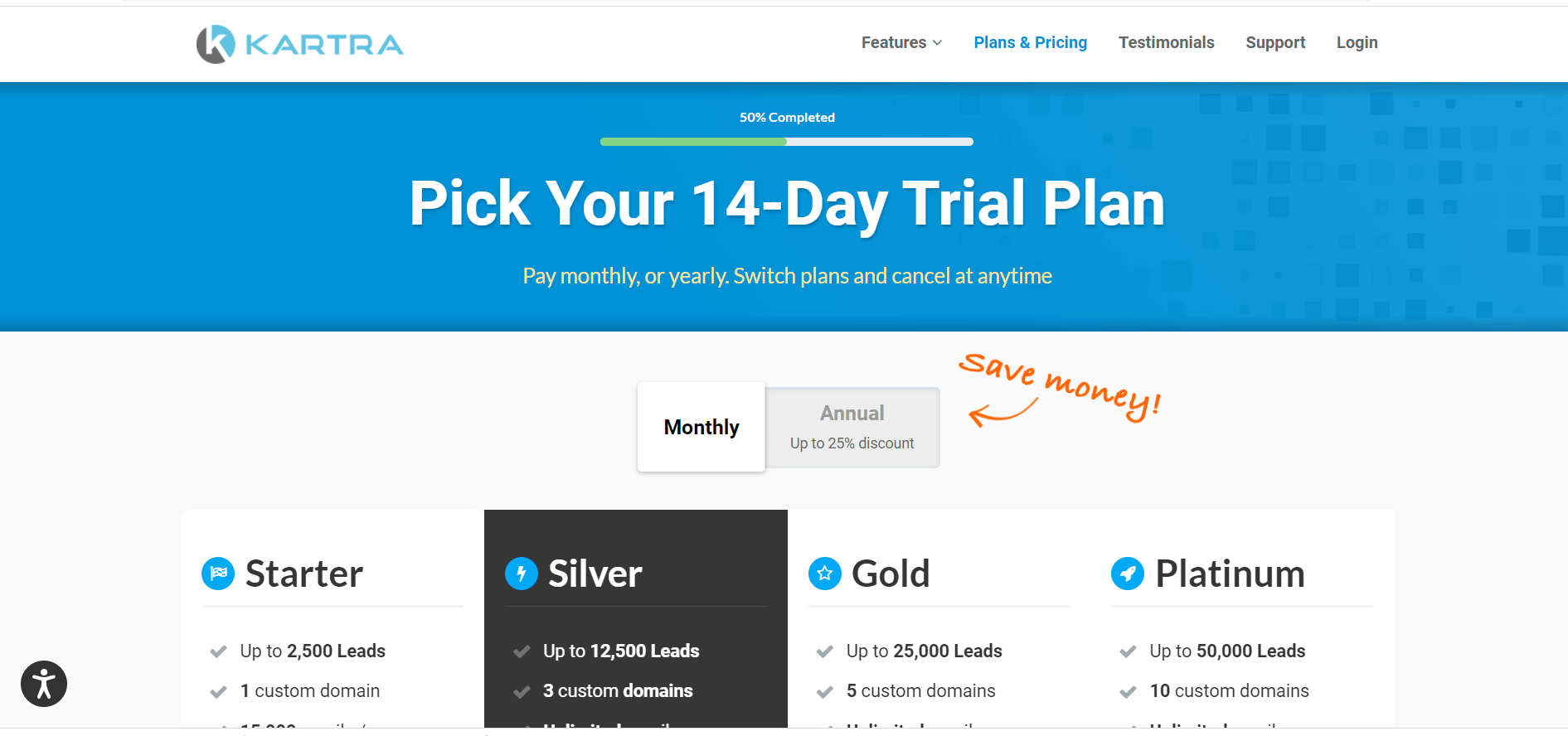

[2] Kartra
A tool that allows you to create custom landing pages with different forms or opt-in boxes depending on who they’re targeting. They have an easy drag & drop builder too!
Learn more about Kartra vs ClickFunnels
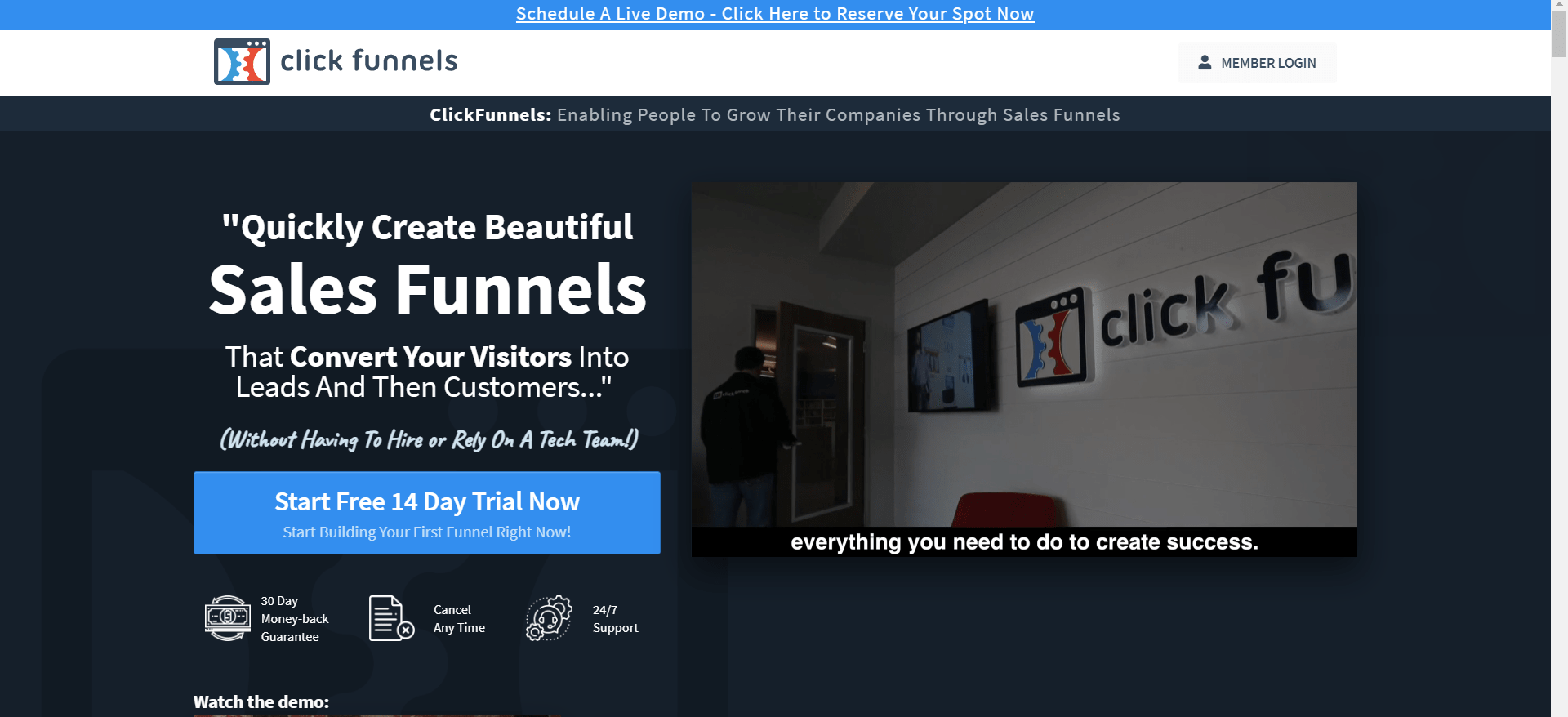

[3] Click Funnels
If you want to make sure your visitors don’t just leave after filling out a form then this software will help you do it. With click funnels, you can set up multiple paths for them to take once they sign up for your list.
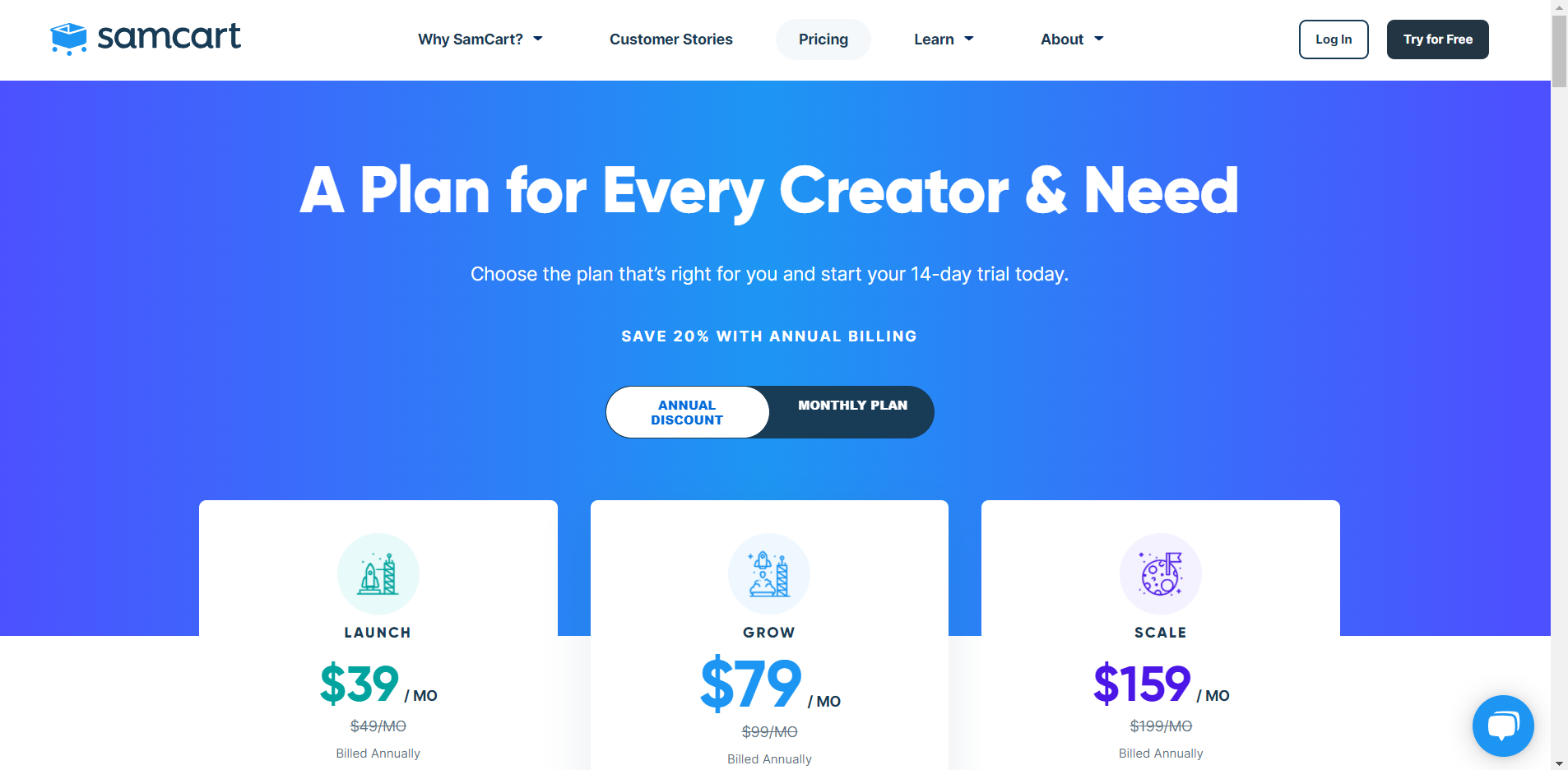

[4] SamCart
This is another cart plugin I use but the difference between this one and others are that it’s built into WordPress, so there’s no need to install anything else. It also has some really cool features, like being able to add products from WooCommerce without having to go through any extra steps.
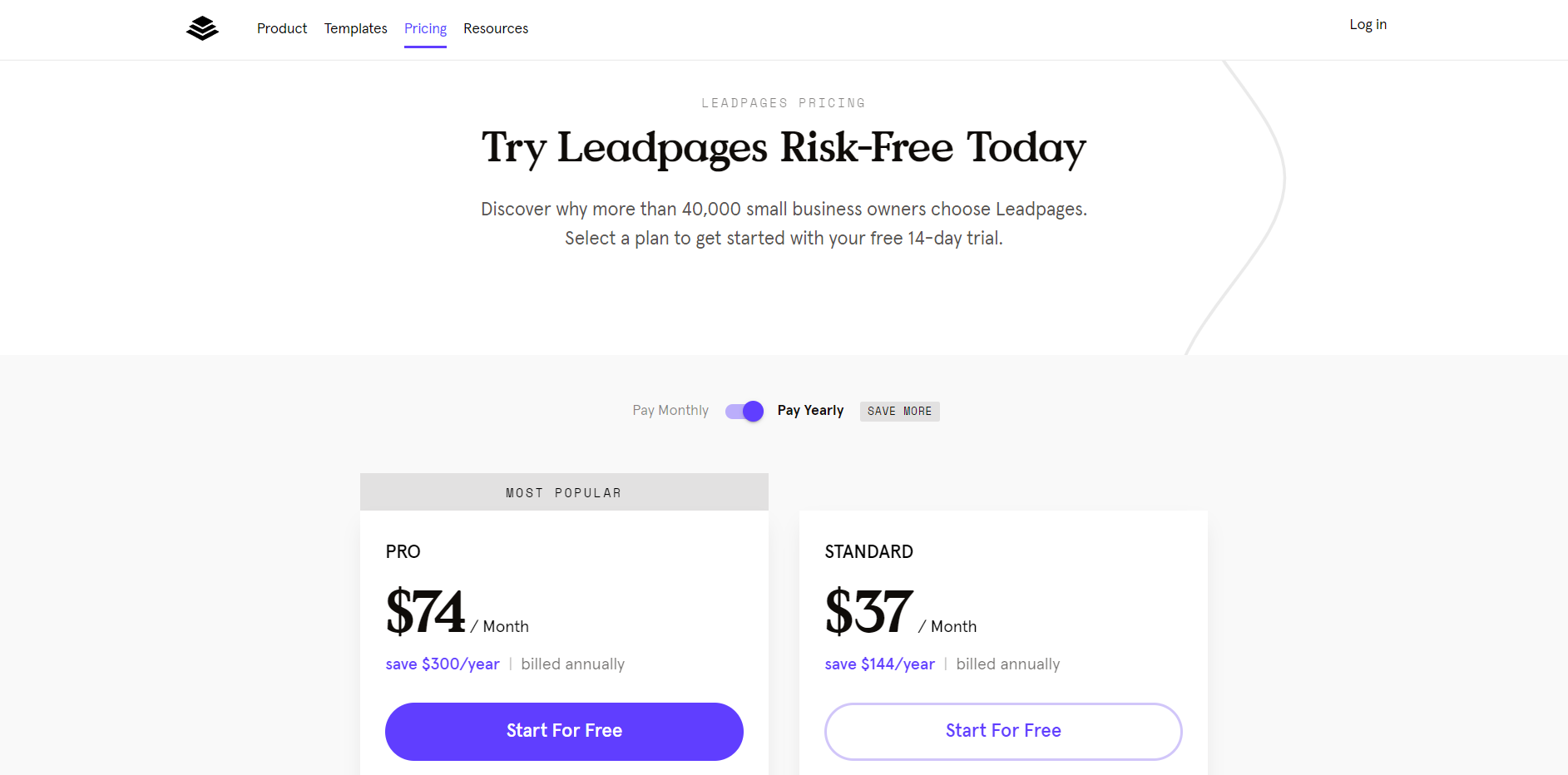

[5] Leadpages
Another great tool if you’re looking to create landing pages or squeeze pages. You can easily customize everything about these pages with leadpages’ easy-to-use interface. They have a free plan as well as paid plans starting at $19/month.
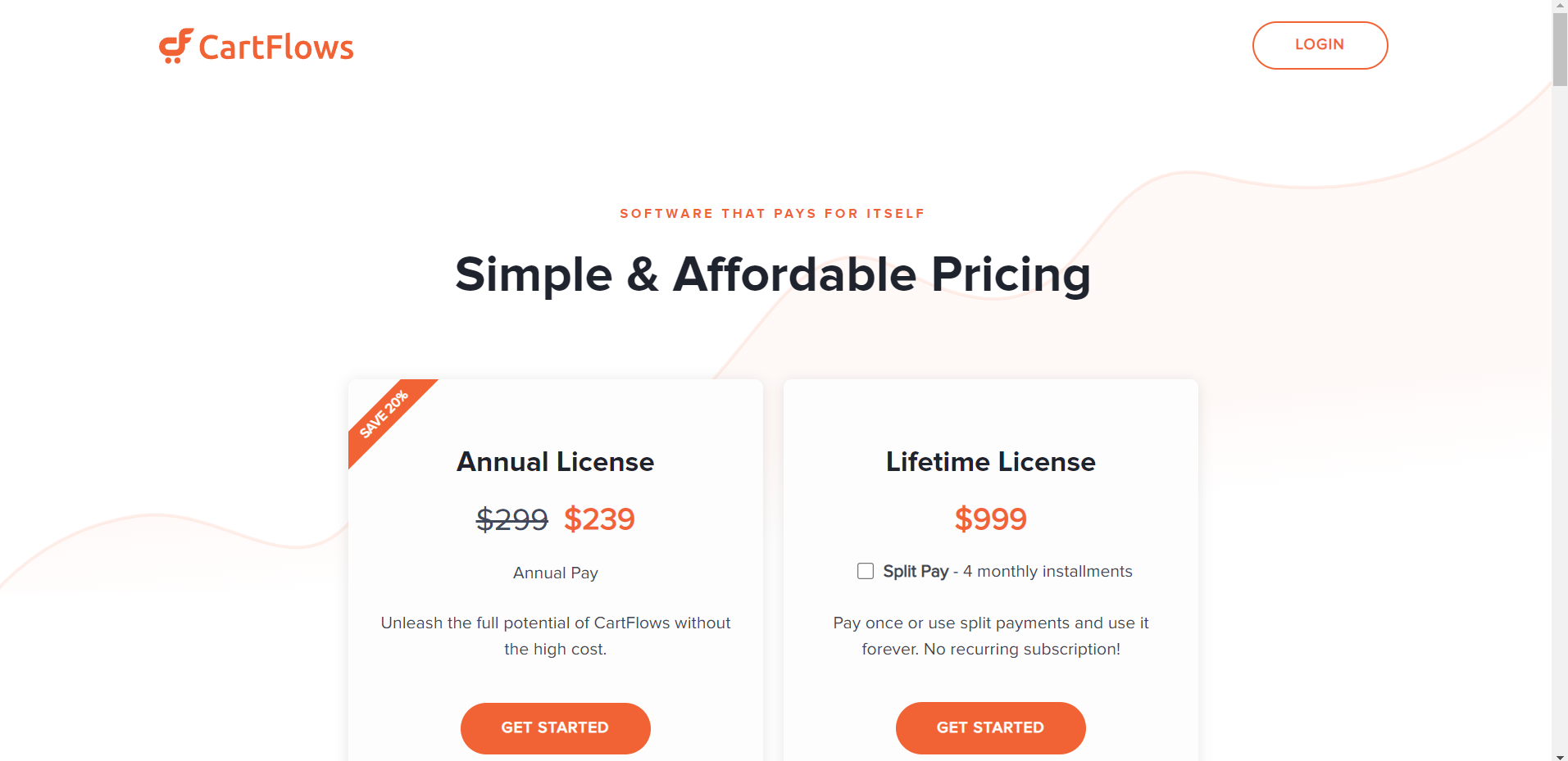

[6] Cartflows
If you want a more robust solution than just using an ecommerce platform such as Shopify, then check out Cashflows. They have a ton of different options available to help you build your own custom shopping carts.
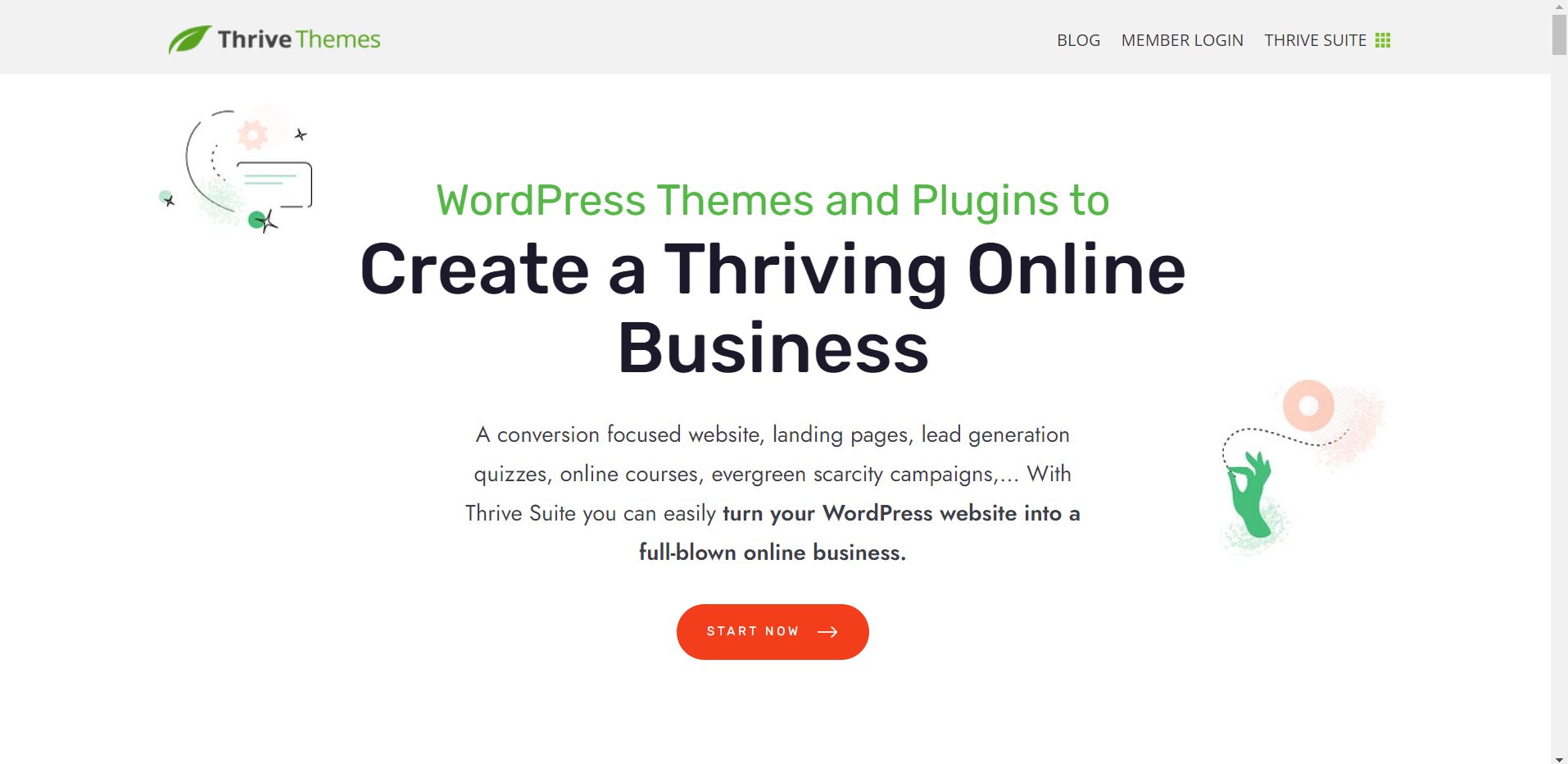

[7] Thrive Architect
This is another drag and drop builder that allows you to quickly design beautiful websites for free. I’ve used it myself in the past and found it pretty good. It’s not quite as feature rich as some other tools, but it does offer enough features to get started on most projects.
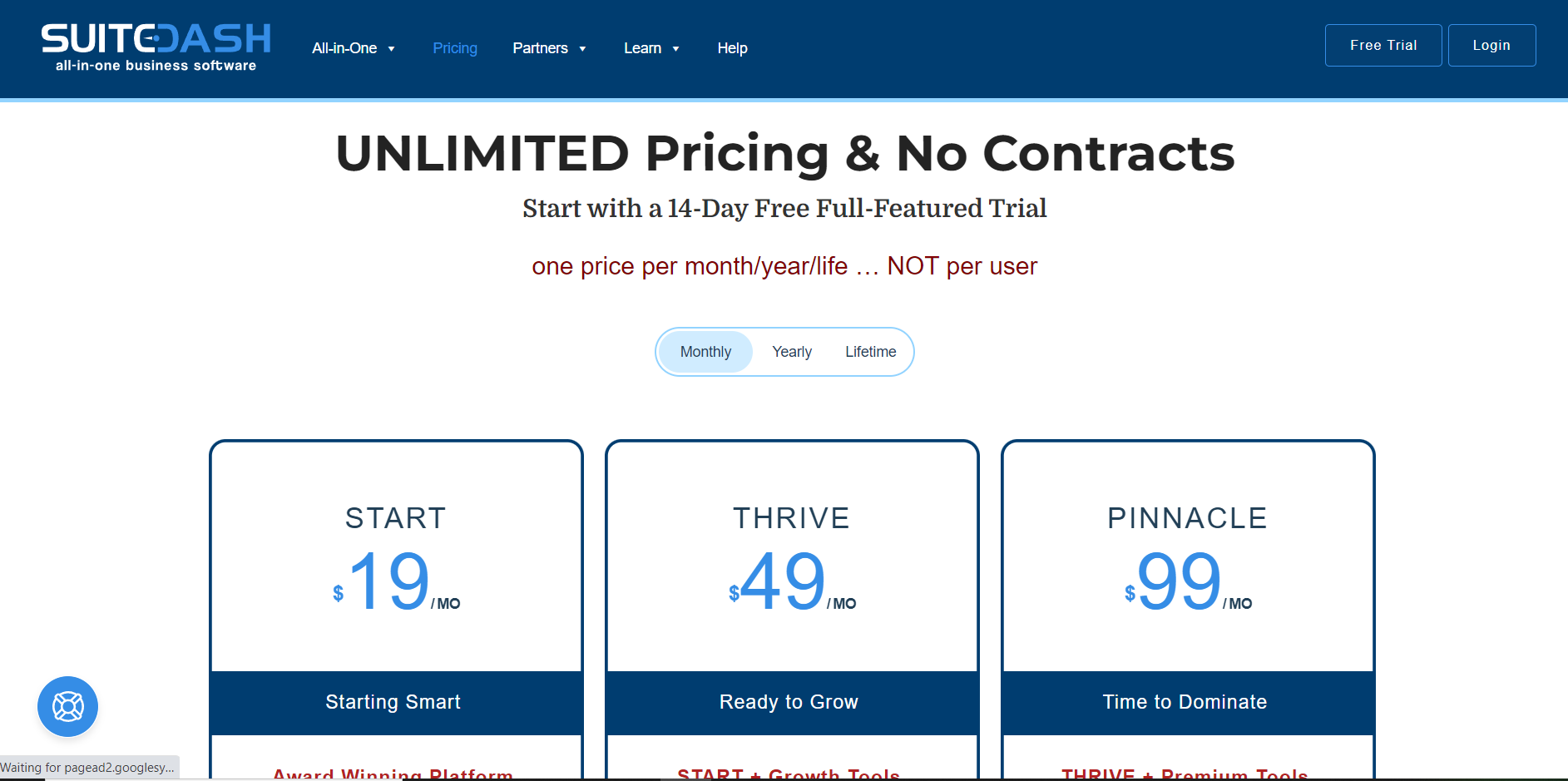

[8] Suitdash
Another great option if you’re looking for something with a bit more functionality. You can create fully responsive sites from scratch or use their templates which are pre-built and ready to go. The price starts at $19 per month.
A marketing funnel can be applied to any business.
Whether your goal is to sell products, services, ideas, etc., there will always be an initial stage of awareness, interest, consideration, decision, action, and finally, conversion. In this course we’ll cover each step of the process, so you know exactly what to do when someone visits your website. We’ll also show how to track conversions in Google Analytics so that you can see where people drop off along the way. By the end of this course, you should have a better understanding of how visitors interact with your site and how they convert into customers.

